At the back of the education queue
10 reasons why we must invest in education for displaced children
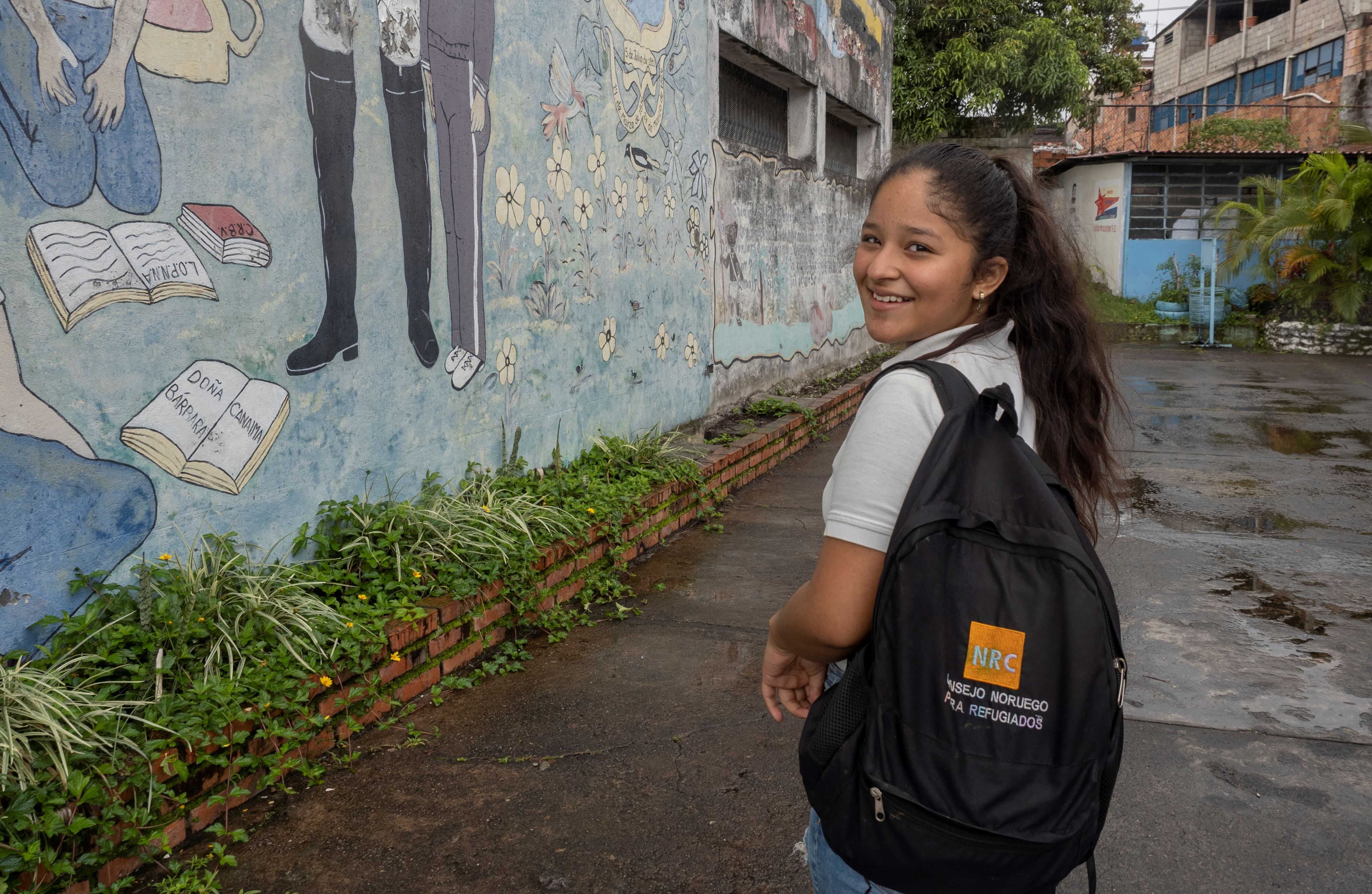
Lack of investment has resulted in us losing an entire generation of displaced children. But they can be saved if we are willing to invest more in education and our common future. It’s urgent, and we cannot afford not to help.
Today more than 78 million children and young people in war-torn and crisis-stricken areas are out of school. At the very back of the education queue, we find those who have been forced to flee their homes. Without education, they are vulnerable to many dangers. Life is put on hold, and they face an uncertain future.
“If we turn our backs on children and young people, the consequences could be disastrous,” says Annelies Ollieuz, Global Programme Policy and Development Director at the Norwegian Refugee Council (NRC).
“Many children risk being recruited as child soldiers, being subjected to sexual violence, ending up as child labourers or child brides. Not least, we rob them of the hope of a better future.”
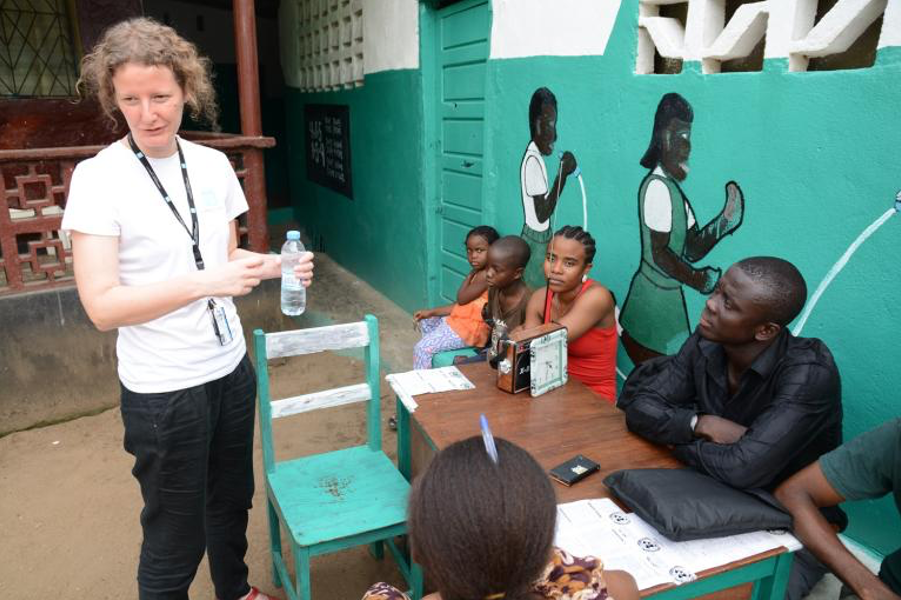
LIBERIA. During the Ebola epidemic of 2014/15, schools were closed for over seven months. Here, Annelies Ollieuz prepares teachers and staff before schools reopen in the capital Monrovia. Photo: Eirik Christophersen/NRC
LIBERIA. During the Ebola epidemic of 2014/15, schools were closed for over seven months. Here, Annelies Ollieuz prepares teachers and staff before schools reopen in the capital Monrovia. Photo: Eirik Christophersen/NRC
She points out that children and young people not only lose the opportunity to learn to read, write and count, they also miss out on acquiring skills that increase self-confidence and the ability to take care of themselves, their family, the local community and the environment.
In addition, schools are places where children in war-torn and crisis-stricken areas can have the opportunity to cope with stress and deal with trauma.
Give more children the opportunity to attend school. €30 can provide school materials for two displaced children.
Ollieuz believes that we cannot afford to continue neglecting this generation of children and young people and at the same time expect them to help rebuild their war-torn countries and create stable and peaceful societies.
“And the longer they are out of school, the more likely it is that they will never return,” she warns.
Here are ten reasons why we need to invest more in education for displaced children and young people:
#1: Children are vulnerable to abuse
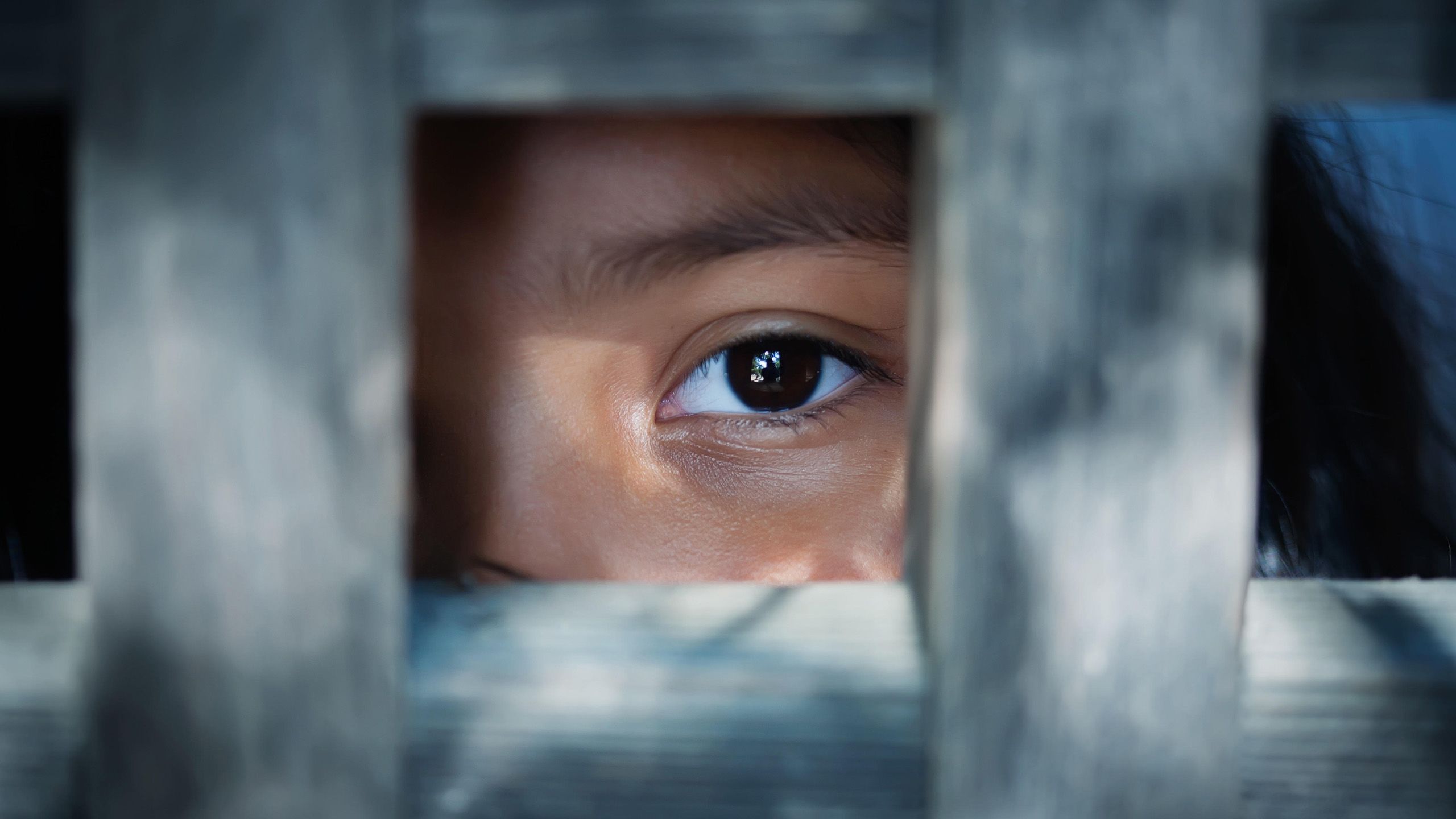

Displaced children are very vulnerable to abuse. Many become victims of human trafficking and sexual assault, forced recruitment by armed groups and exploitation by criminal gangs.
If children go to school, they are less at risk.
Education is a human right
The right to education is enshrined in Article 26 of the UN’s Universal Declaration of Human Rights from 1948. The declaration advocates free and compulsory primary education. The Convention on the Rights of the Child (1989) states that countries should make higher education accessible to all.
How you can help:
With your support, we can provide more displaced families with financial support and help them to pay rent, so that they can afford to send their children to school. We also provide education for the children themselves.
#2: Schools are being attacked
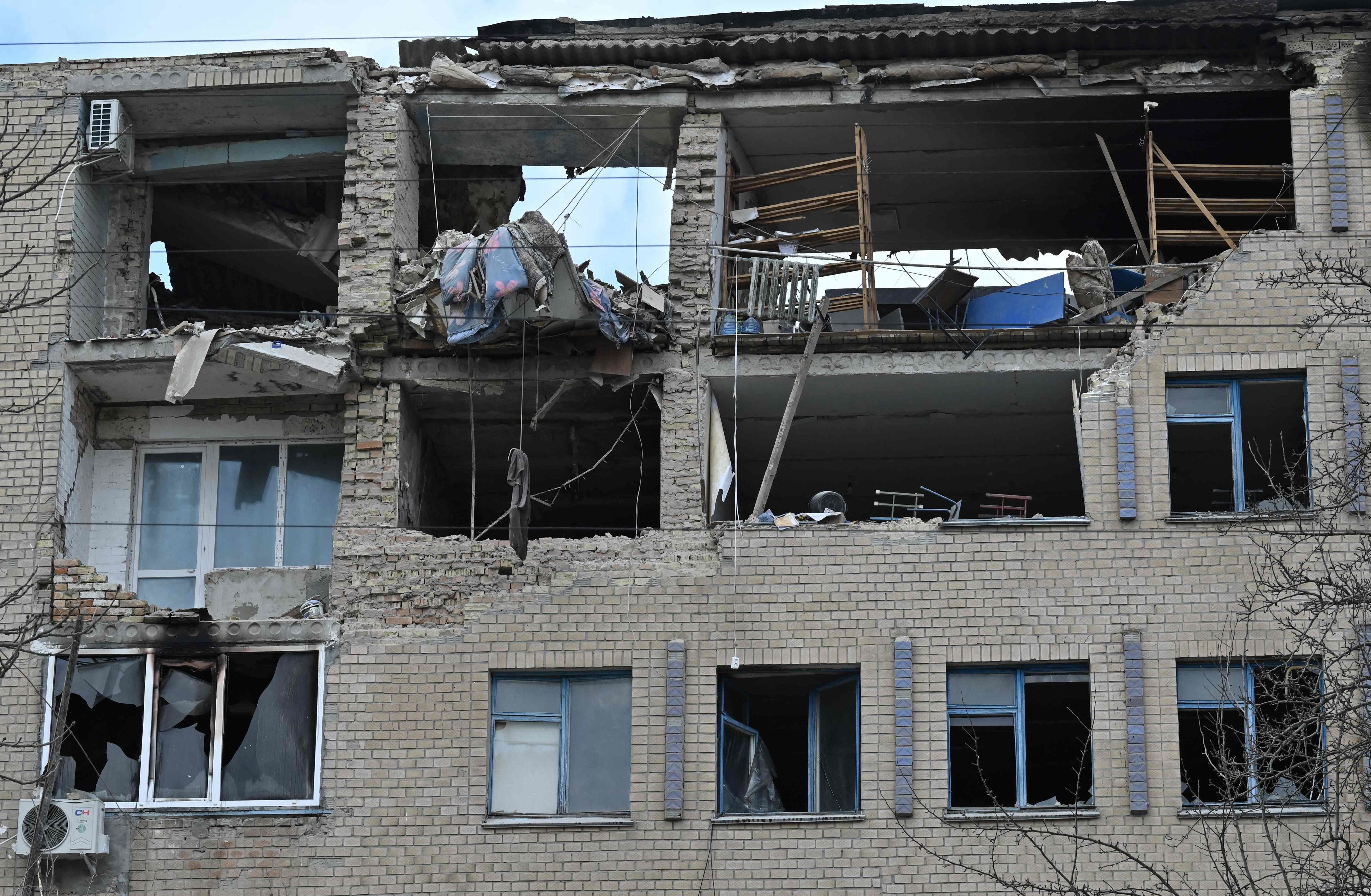
Acts of violence and war lead to parents keeping their children home from school. Increasingly, schools are being used for military purposes or becoming military targets in war.
This includes direct attacks on school buildings, pupils and teachers, military use of school buildings, recruitment at school or on the way to school, and sexual assaults committed by soldiers and fighters.
How you can help:
With your support, we can renovate and build more new schools. At the same time, we work to create safe arenas for learning, prevent attacks on schools and keep schools from being used for military purposes.
#3: Girls are especially affected
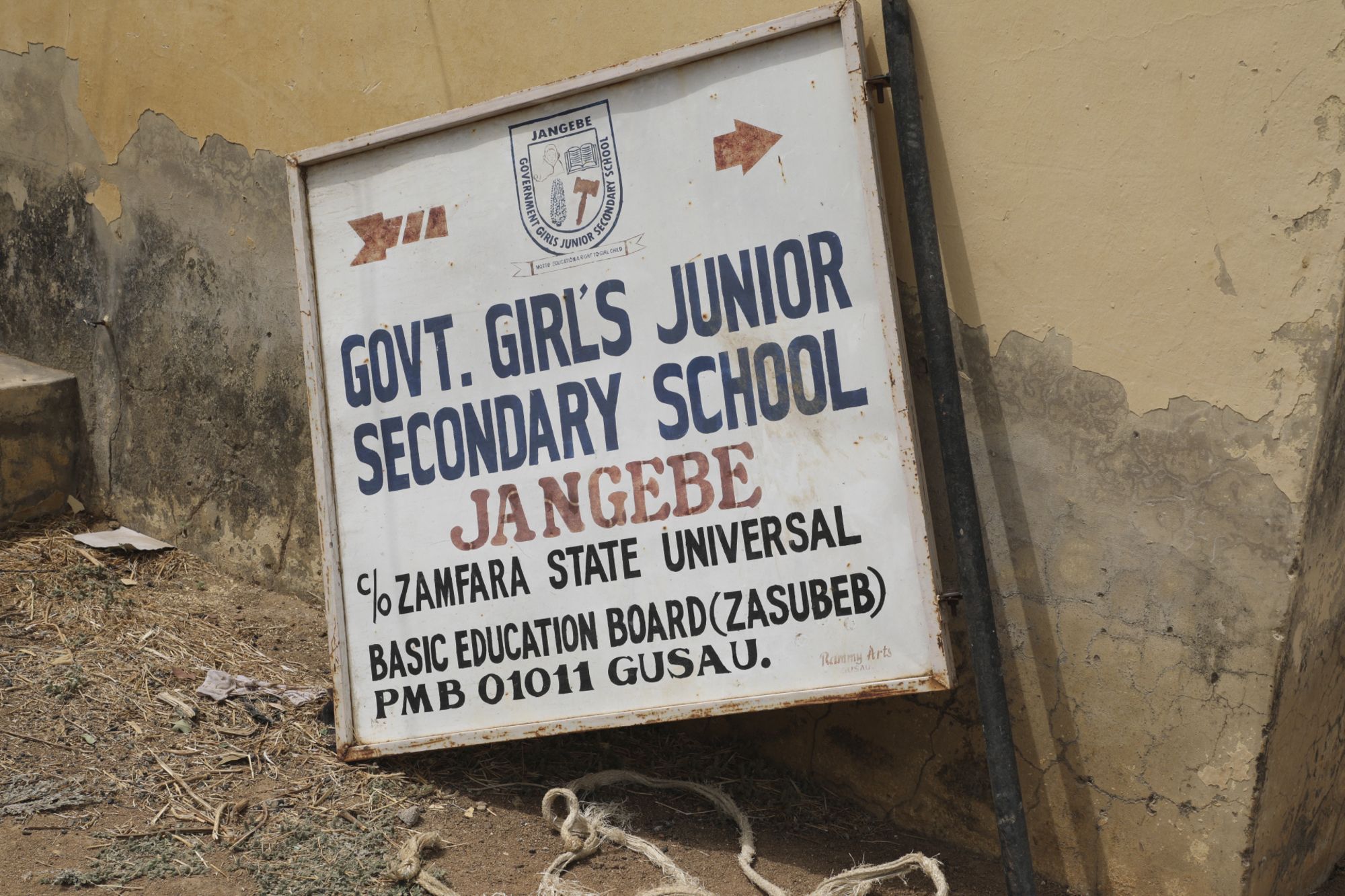
In many countries, girls are disproportionately excluded and disadvantaged in education. In others, boys underperform and drop out at higher rates than girls. Conflict and crisis can exacerbate the issues that already limit educational opportunities for both genders.
Globally, we see that attacks on girls’ schools, schoolgirls and female teachers are increasing, while education for girls has become a political hot-button issue in many places. This leads to many girls never going to school in the first place.
How you can help:
With your support, we can ensure that more parents send their daughters to school. We help local communities and authorities prioritise education for girls and make schools a safe place for girls as well as boys.
UN Sustainable Development Goal #4
In 2015, UN member states adopted 17 goals for a sustainable future. Quality education is one of those goals. Sustainable Development Goal #4 is entitled: “Ensure inclusive and equitable quality education and promote lifelong learning opportunities for all”.
A good education is the basis for improving people’s lives. Girls and boys should have equal access to good quality education, and it should be free.
#4: Children struggle with the trauma of war
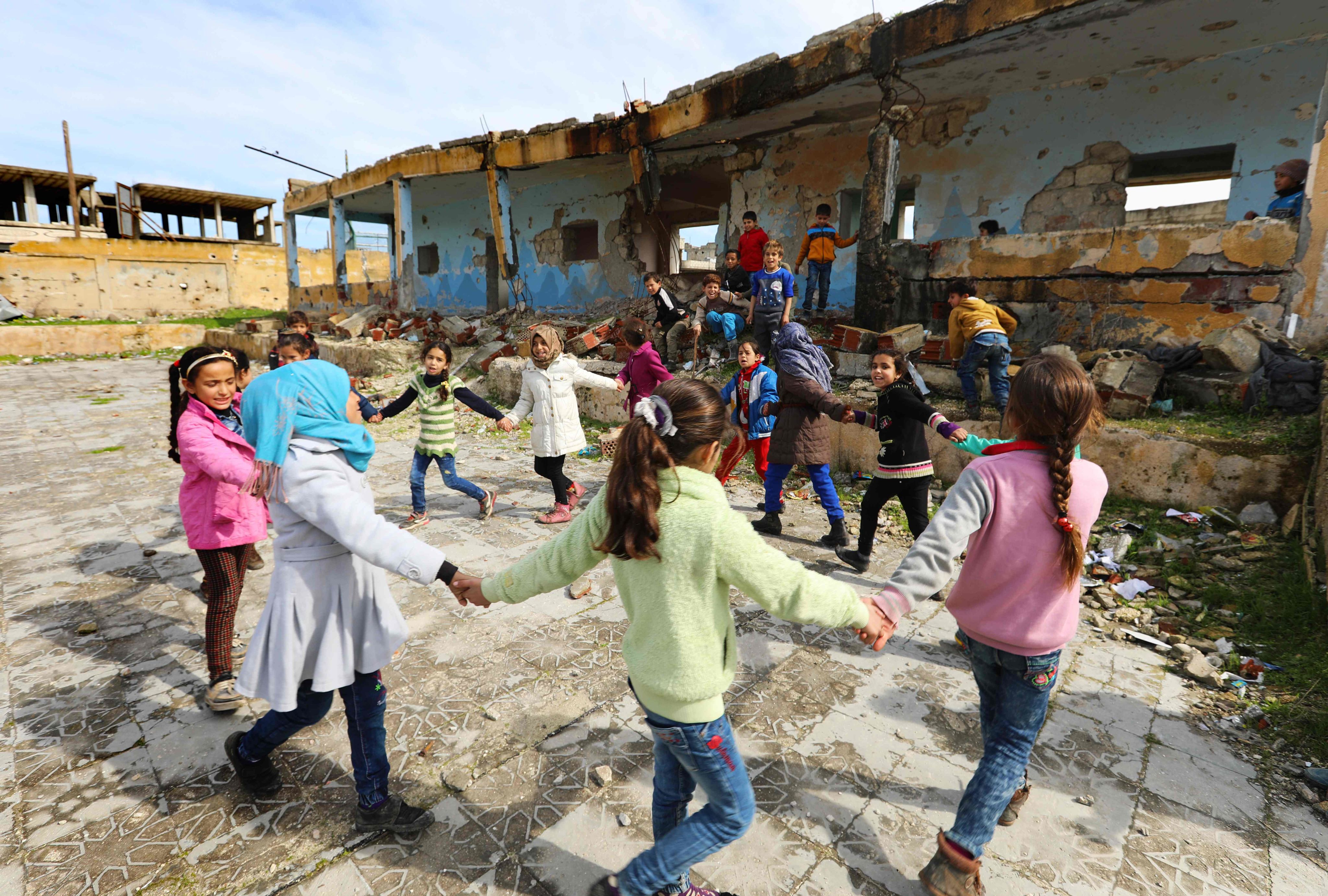
Schools give displaced children and young people access to vital services such as healthcare and psychosocial support. Some children and their teachers struggle with stress and trauma linked to their experience of war and violence or a dramatic journey. Schools are important places for them to receive help.
How you can help:
With your help, we can support teachers in dealing with their own stress and trauma and train them in providing psychosocial support to children so they can cope with mental stress and feel more secure.
Education is future. Donate to support our work today.
#5: Girls are married off at a young age
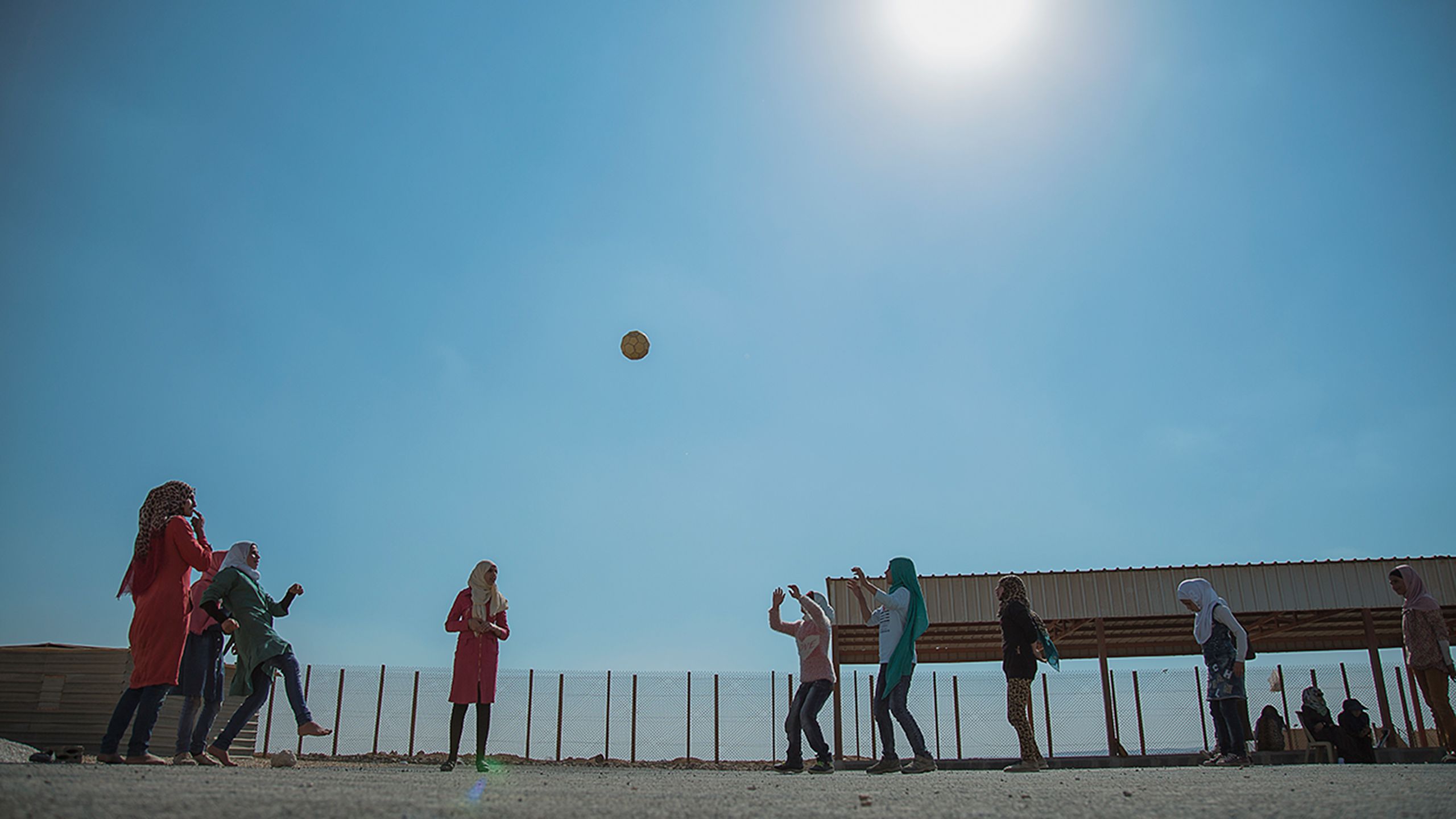
When families are forced to flee their homes, parents can feel forced to marry off their daughters at a young age. This is often due to poor family finances and parents thinking that marriage will give their daughters greater protection.
The results can be catastrophic. Girls may be at risk of becoming pregnant at a very young age, leading to complications. Some experience domestic violence, while many miss out on schooling and the opportunity to do paid work.
The girls also risk becoming isolated and losing contact with their peers.
How you can help:
With your help, we can ensure that more displaced families can support themselves and send their daughters to school instead of marrying them off at a young age.
We also provide classes specifically for girls, and we aim to have girls make up at least half of the children who receive assistance through our education programmes.
#6: Children are forced to work
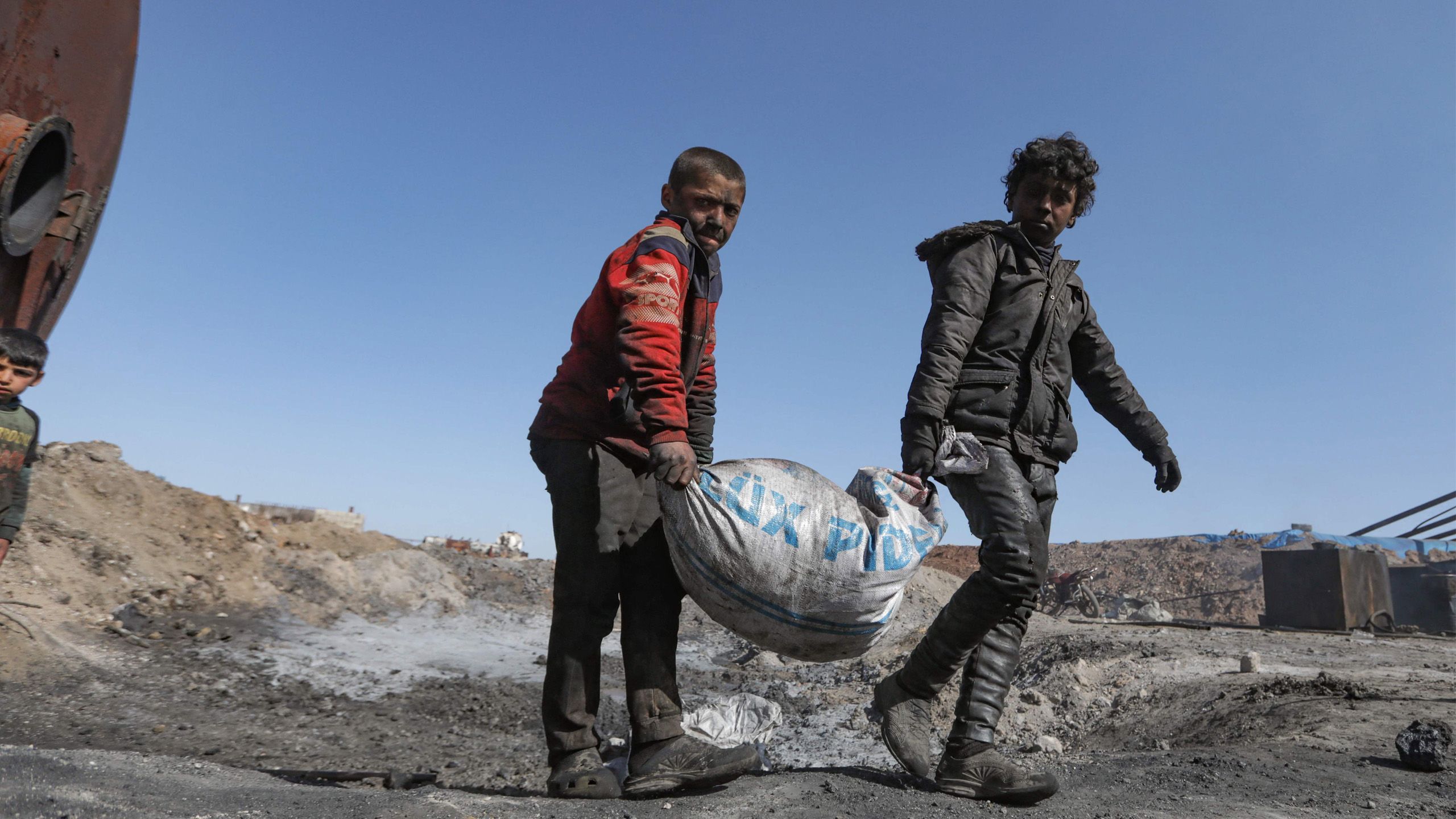
Many displaced families lack income and cannot afford to send their children to school. Often, the children are forced to work to provide the family with food and other necessities.
Support our work and help prevent child labour
In Syria, three out of four children have to work to support their families. In neighbouring Jordan and Lebanon, more than half of Syrian refugee children are forced to work or beg. The youngest are just five years old.
How you can help:
With your help, we can provide more displaced families with financial support and help them to pay rent, so that they can afford to send their children to school.
We also provide education for children, preventing them from having to work or being exposed to human trafficking.
#7: Children struggle to make up for lost schooling
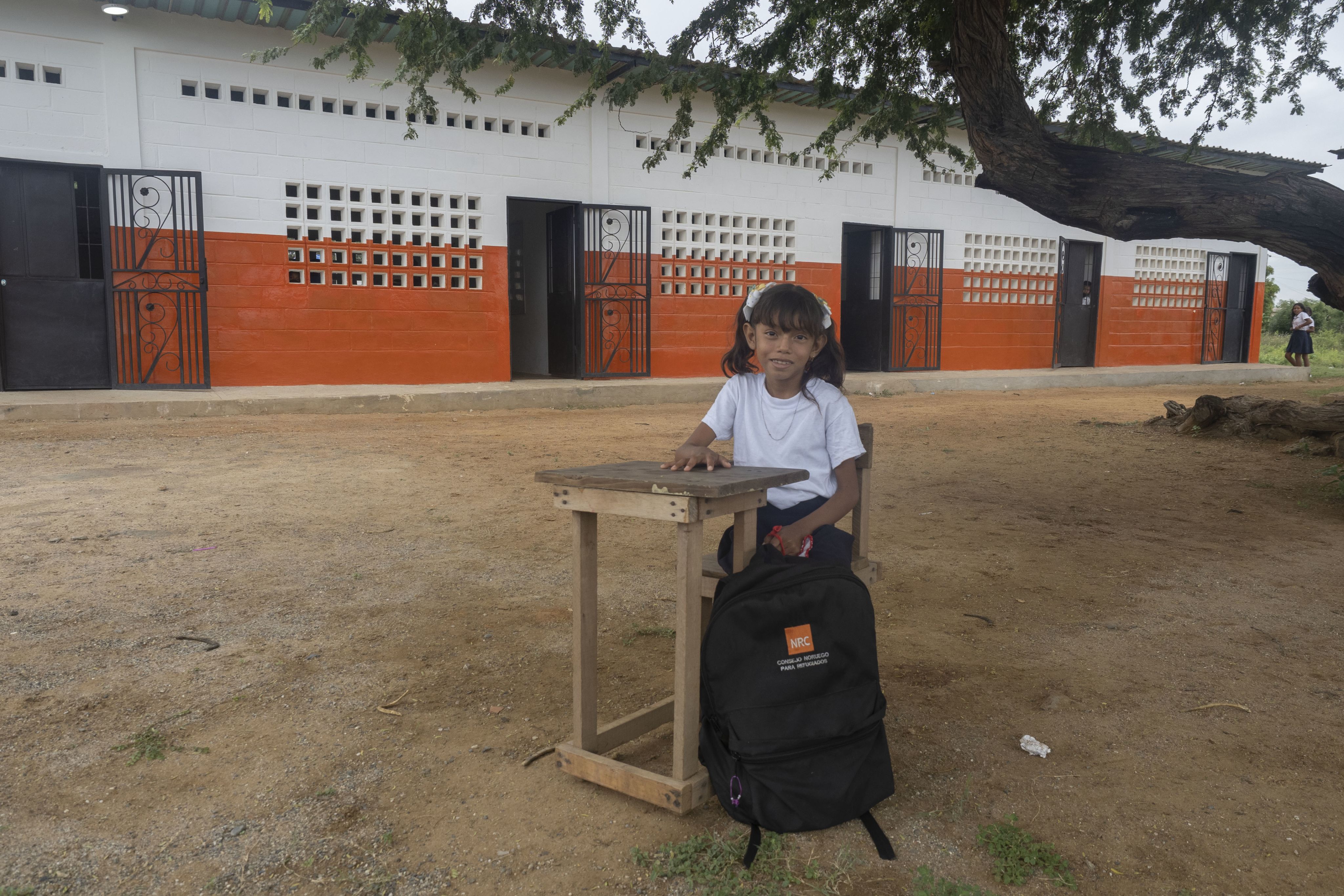
The longer that children are out of school due to conflict (or Covid-19), the more likely it is that they will never return. Parents’ financial circumstances, a different curriculum and language, a long walk to school, and a lack of documents and qualifications can all be obstacles to getting displaced children back to school.
How you can help:
With your help, we can ensure that more displaced families are able to support themselves and have the documents they need.
We also provide special classes where children have the opportunity to make up for lost schooling, so that they can continue their education at a regular school.
#8: Young people don’t get to use their skills
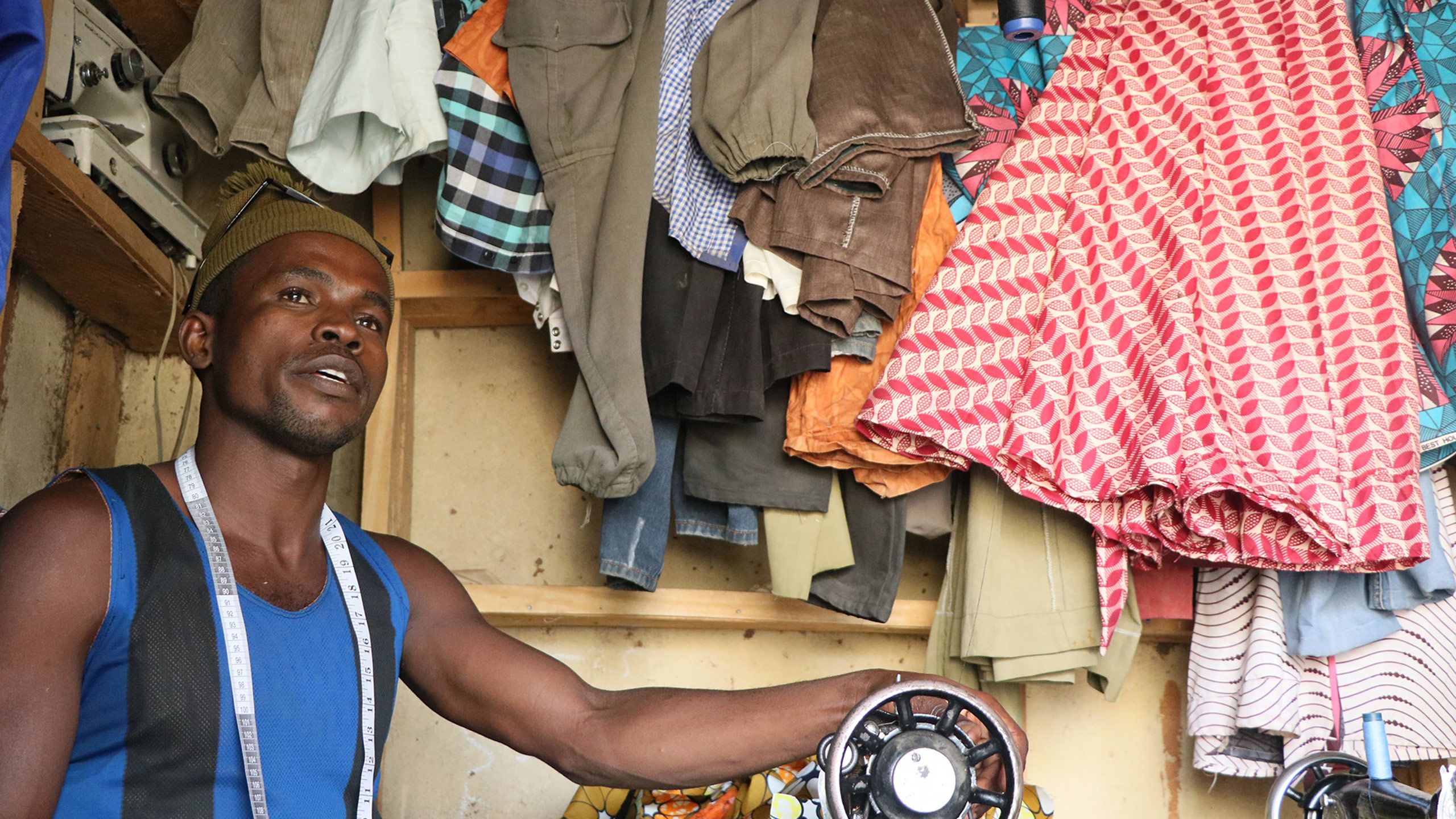
Displaced young people struggle more than others to get an education. Only three per cent of the world’s refugees go to university or take higher education, while 34 per cent of the world’s young people overall have this opportunity.
Most of the world’s refugees live in poor neighbouring countries that are unable to provide education to all young people. Consequently, they are excluded from important social arenas and struggle to become integrated into their local community.
Many desperate refugees are forced to embark on life-threatening journeys in search of a safer and better future.
How you can help:
Together, we can ensure that more young people receive education and vocational training, so that they can use their resources and support themselves.
We also make sure that young people receive vocational training and have the opportunity to start their own business.
#9: Parents are under pressure
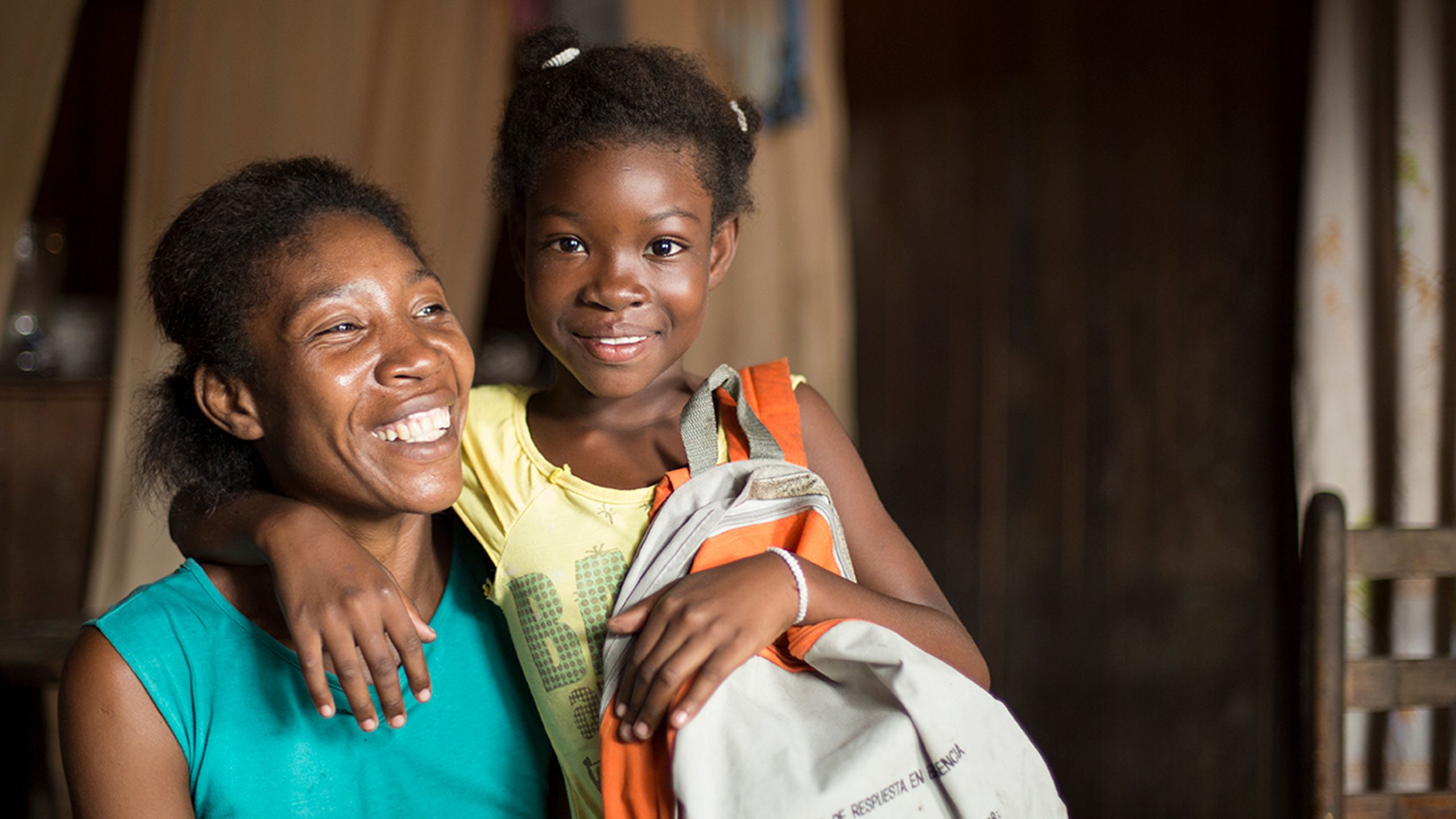
A life of displacement is demanding for many parents. They may be single parents or have had to flee alone with their children. They have to establish themselves in a new place without a network of family and friends, and need to deal with their own trauma and stress. And they often struggle to find work and support their families. This makes school especially important.
How you can help:
With your support, we can train more teachers, build and renovate more schools and ensure that more displaced families can send their children to school. In this way, we relieve the parents of some of their burden and give the children a safe place to learn and socialise with other children.
Give more children the opportunity to attend school. Donate to support our work today.
#10: Climate change affects the most vulnerable the most
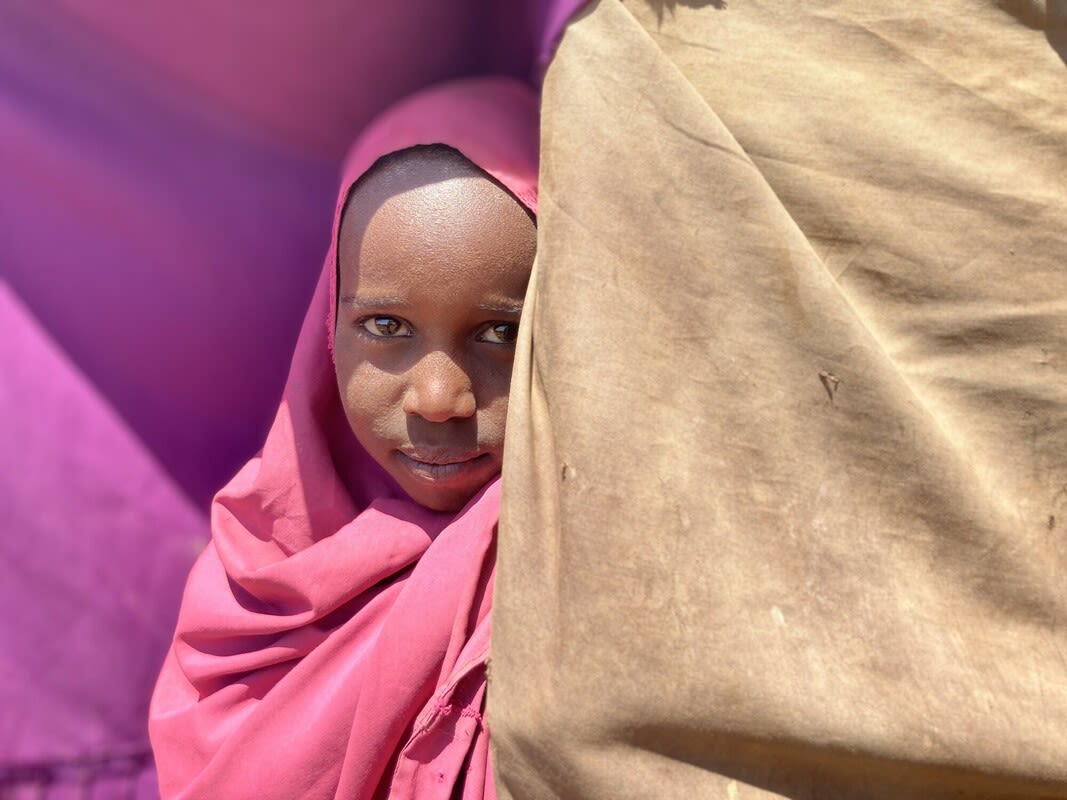
Extreme weather events can destroy learning facilities, cause extreme heat or cold inside classrooms, and reduce both water availability and food security for children, youth and their families.
While girls might be expected to help collecting water and firewood further away from home, boys might be expected to work to help put food on the table for the family.
Both scenarios lead to drop-out and increased protection risks. Moreover, teachers might be hesitant to work in places that are prone to extreme heat or flooding, thereby reducing the quality of education in often remote locations even further.
How you can help:
We help schools to be better prepared for climate shocks through building well ventilated or well heated classrooms, in areas that are less vulnerable to flooding or other climate shocks.
Moreover, we reduce the environmental impact of our own work by ensuring our schools are green, using clean energy such as solar power and harvesting rainfall to produce safe water. We also train and employ teachers.

